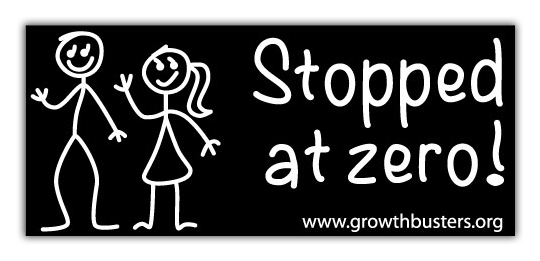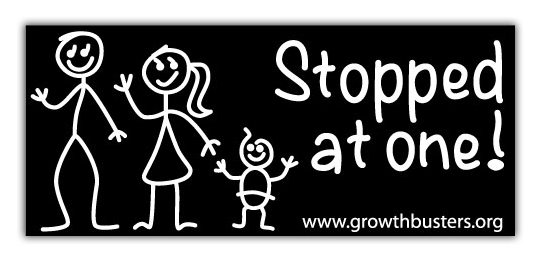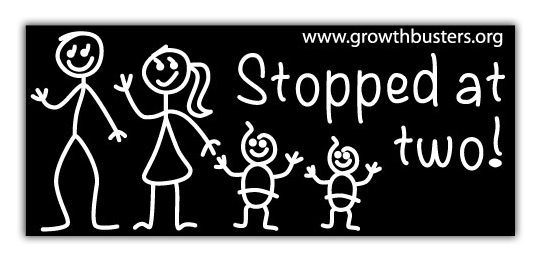The climate pact achieved at COP26 was woefully inadequate. We could be in for over four degrees Fahrenheit of warming this century over pre-industrial temperatures, and some scenarios would put us closer to eight degrees. In this episode, Paul Sutton shares his observations from Glasgow, and we get assessments from a few other noted experts.








